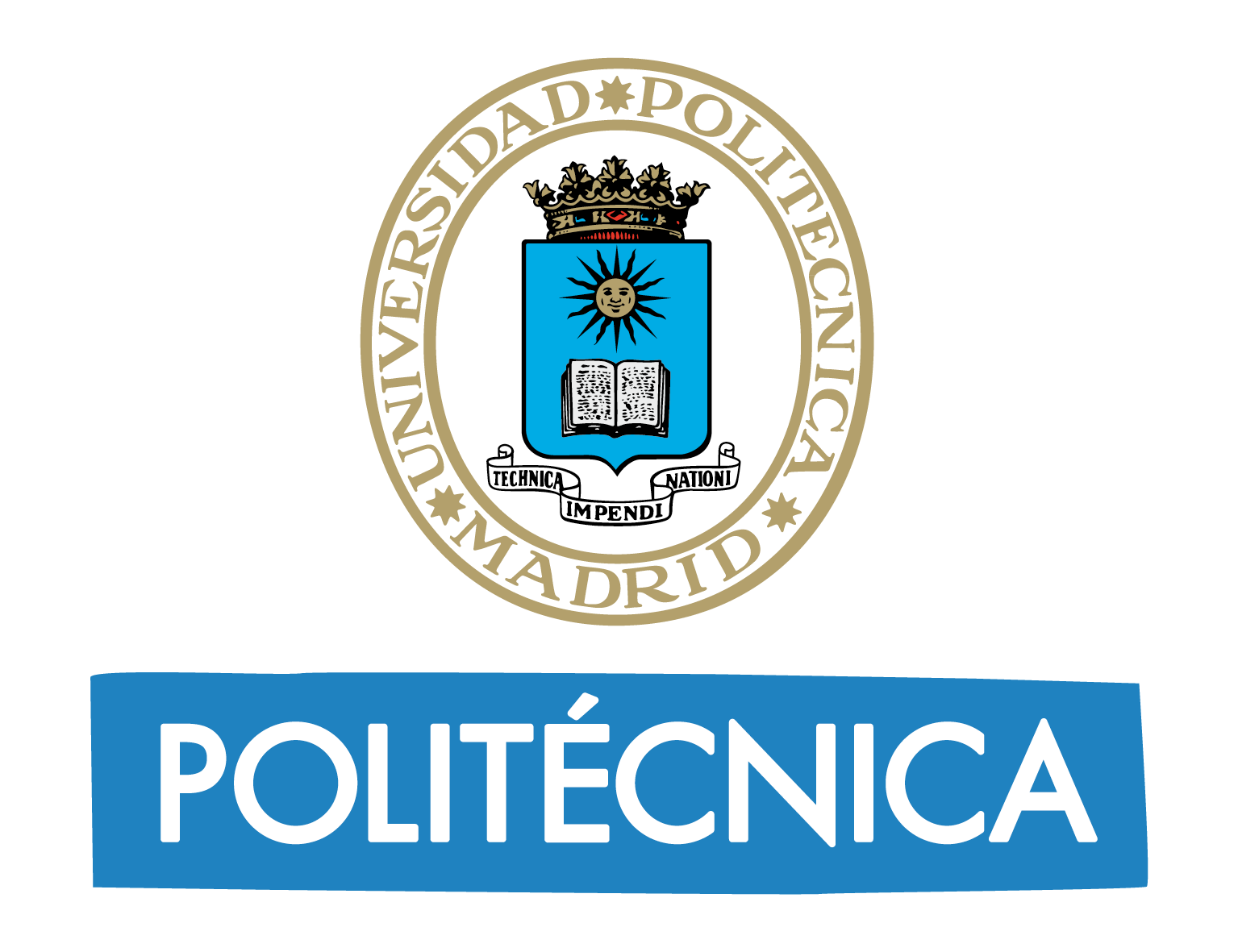Chemical Engineering
| Centre | ESCUELA TÉCNICA SUPERIOR DE INGENIEROS INDUSTRIALES |
|---|---|
| Official Degree | Chemical Engineering |
| Web | https://www.industriales.upm.es/docencia/master-en-ingenieria-quimica/ |
| Area | Industrial Engineering |
| Modality | On-campus education |
| Credits | 120 ECTS |
| Languages | Spanish |
| Orientation | Academia Research |
| Places | 50 |
| Contact | Juan Manuel de Andrés Almeida 910677320 secretaria.miq@industriales.upm.es |
| Presentation | Chemical Engineering plays a major role not only in the continuous improvement of chemical processes and products, but also in several fields of great technical importance, such as Biotechnology, Environmental Engineering and Materials Science and Engineering. The Master of Chemical Engineering has 120 credits (ECTS), four semesters in two academic years of 60 ECTS each. The programme includes a common part of 54 credits of subjects in Process and Product Engineering, 18 credits of subjects in Management and Optimization of Production and Sustainability and 12 credits of the Master Thesis. Students must also take 36 optional credits which are divided into: 18 credits of specialization in Processes, Environmental Management, Biotechnology or Materials; and another 18 credits of curricular configuration taking courses of introduction to research, transferrable skills or even internships in Chemical Companies. Those students with a Bachelor degree other than Chemical Engineering or Industrial Engineering (Chemical) must study other complementary subjects. OBJECTIVES AND SKILLS: + Advanced training of students in Chemical Engineering, focusing on application areas of great current importance such as Biotechnology, Environment or Materials Engineering. This advanced training includes both scientific and technological subjects and focuses on the acquisition of high-level skills, such as, for example, the ability to solve complex problems, to adapt to new situations, to learn independently or to generate new ideas. + Training of students in research activities, with the development of relevant skills (to use scientific literature; to plan, implement and explain experiments; to communicate the results. + Knowledge transfer to industry and society. SPECIALIZATION COURSES: §Chemical Processes: Oil Refining, Chemical Process Integration, Process Simulation, Process Analyzers §Materials: Rheology and Processing of Polymeric Materials, Polymeric Materials: Structure and Properties, Polymeric Materials for Advanced Applications, Metallic Materials for the Chemical Industry §Biotechnology: Materials Biotechnology, Enzyme Technology, Food Biotechnology, Pharmaceutical Biotechnology §Environmental Management: Water Management, Air Quality and Climate Change, Waste Valorization, Environmental Monitoring and Control |
| Interuniversity | No |


